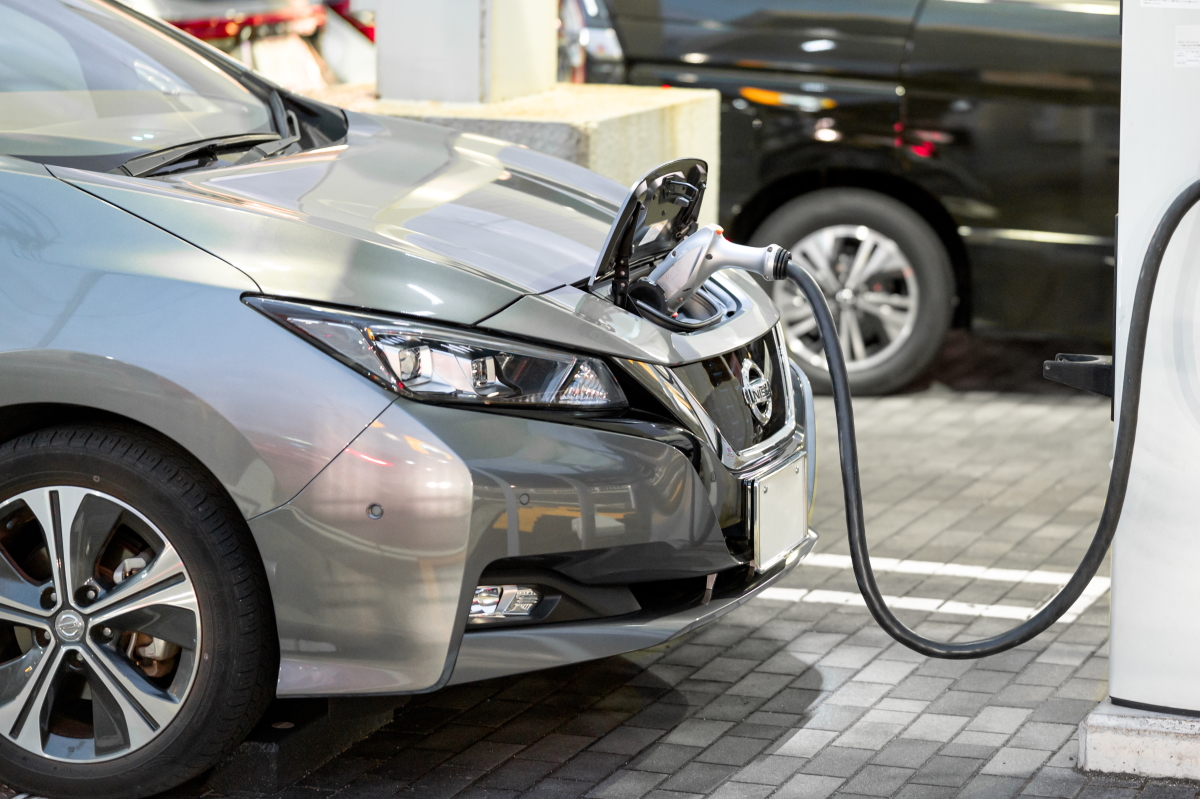The increased interest in electric vehicles (EVs) in Singapore saw its EV market grow dramatically last year. The proportion of electric cars and taxis registered in the city-state increased to 4.4% in 2021 from just 0.2% in 2020. This signifies Singapore’s steady transition toward electric vehicles (EVs) – Singapore’s declared goal is to have only “clean energy” vehicles on the roads by 2040.
Singapore’s Transport Minister S. Iswaran said that 1,400 new registrations were for electric cars in the second half of last year. This is equivalent to 7.2% of the total new car registrations during the period. He attributes this increase to the rebates provided by the government to encourage car and taxi owners to switch to EVs.
The Electric Vehicle Early Adoption Incentive scheme doled out around $30 m in rebates in 2021. The scheme, which grants up to 45% or a maximum of $20,000 in rebates on additional registration fees, will be available until December 2023.
The increase in EV purchases was complemented by the approximately 300 additional EV charging points that commercial operators installed last year, upping the total to about 2,200.
Not enough charging points to meet EV demand?
The EY Mobility Consumer Index (MCI) showed that 55% of consumers in Singapore who are planning to buy a car in 2022 would purchase an EV. The survey, released in August 2021, also indicated that at least 50% of Singaporeans planning to get an EV feel they should lessen their environmental impact, and 60% of them think purchasing an EV is one way to do this.
EY Global Transport Leader Tony Canavan pointed out the shift in attitudes among consumers in Singapore, with the survey showing their willingness to pay a premium for an EV.
He also mentioned the government’s support for EV adoption with its announcement that all new car and taxi registrations from 2030 will need to be of cleaner-energy models. By 2040, all vehicles will be required to run on cleaner energy.
However, over one third of survey respondents expressed concern over the charging infrastructure in the country, which is the main reason why some are hesitant to buy an EV, according to the study. 39% of respondents from Singapore said they believe there are not enough available charging points for them to invest in an EV comfortably.
In response to the expected increase in EV demand, the government has undertaken several steps to expand the existing charging infrastructure. These initiatives are part of the $30 m budget allotted over the next five years for EV-related projects.
A joint tender between Singapore’s Land Transport Authority (LTA) and the Urban Redevelopment Authority will give rise to over 600 new charging points at public car parks. This is in addition to those that will be installed in private locations, such as residences, shopping malls, and petrol stations.
The LTA’s goal is to have 60,000 charging points in total, 40,000 of which will be placed at public car parks while the remaining 20,000 will be at private premises. The transport minister said the target is based on the expected EV population by 2030.
Iswaran also mentioned that the LTA is cooperating with the Energy Market Authority and the Housing Board to assess the upgrades needed for the existing infrastructure. Over 1,000 switch rooms and 900 substations need to be upgraded to support EV charging.
Investing in Singapore’s EV future
With rising EV adoption in Singapore, the private sector has also responded by making appropriate expansion plans in the diverse EV sector, ranging from models to leasing services to charging infrastructure.
US EV manufacturer Tesla delivered its first cars to Singapore customers in July 2021, and its Model 3 automobile immediately became the top-selling sedan in the country by September. LTA data showed that the number of Tesla EVs on the roads went up more than ten-fold, from a measly 30 units in the first half of 2021 to 487 by the third quarter of the year.
Additionally, Tesla debuted its first supercharger charging points in Southeast Asia by installing three in Singapore malls Orchard Central, Katong V and Millenia Walk. The company says it plans to install more in the future.
Last October, local Singaporean electric car-sharing company BlueSG was acquired by vehicle leasing firm Goldbell Group, the city-state’s market leader in industrial vehicles. In a statement, Goldbell said it plans to invest $70 m into the company in the next five years, $40 million of which will be made by 2023.
Taxi operators are also ramping up the electrification of fleets. On January 5, Singapore’s largest taxi operator ComfortDelGro Taxi said it will put up to 400 fully electric taxis on the roads in 2022 and up to 1,000 by 2023.
The country’s third-largest player, SMRT’s Strides Taxi, which put up its first batch of 300 China-made electric taxis in 2021, said it has plans to fully electrify its taxi fleet by 2026.


 Australia
Australia China
China India
India Indonesia
Indonesia Japan
Japan Malaysia
Malaysia Philippines
Philippines Singapore
Singapore South Korea
South Korea Taiwan
Taiwan Thailand
Thailand Vietnam
Vietnam







